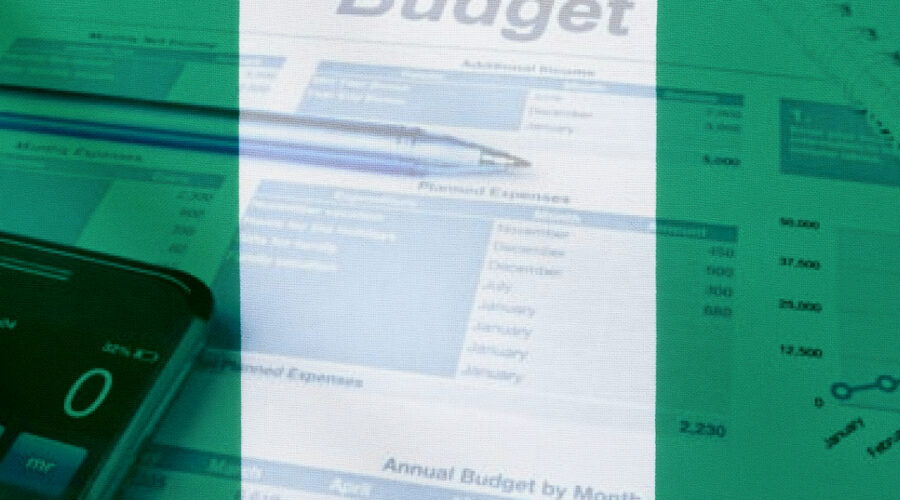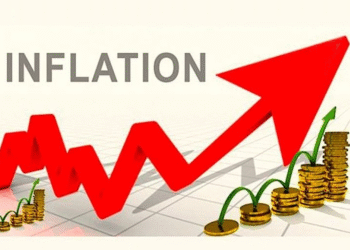
Nigeria’s 2025 Budget Implementation Faces Delays Amid Ongoing 2024 Projects and Procurement Bottlenecks
Since the 2025 financial year has already begun, the Federal Government is yet to fully begin its implementation of the 2025 Appropriation Act. Parliamentarians and economic managers have disclosed that procurement activities stalled the pace of execution, while attention remained on closing the long outstanding 2024 budget.
In a meeting with the House of Representatives’ Committee on Appropriations, Finance Minister and Coordinating Minister of the Economy, Wale Edun, said that the 2024 budget stood at about 80 percent implementation. In his view, major projects were still ongoing in the country and clarified that the National Assembly extended the life of the 2024 budget up to December.
Edun, who was flanked by Budget and Economic Planning Minister Atiku Bagudu, Budget Office Director-General Tanimu Yakubu, and Accountant-General Shamsudeen Ogunjimi, said ground-level projects such as irrigation and rural infrastructure remained at the forefront of the agenda as negotiations also leaned toward the 2025 budget.
However, Nigerians have limited access to comprehensive budget implementation figures. The last released up to the third quarter of 2024 Budget Implementation Report (BIR) provides only partials. According to the report, government revenue as of Q3 2024 was around ₦14.55 trillion, BusinessDay has verified. But actual capital expenditure and implementation in general tend to be less transparent information.
Lawmakers cited implementation pace as slow but praised the executive for maintaining oversight interaction. Appropriations Committee chairman Abubakar Bichi characterized delays due to procurement exercises but assured that the implementation of the 2025 budget was to arrive soon.
The budget has since been approved in February and procurement is a long process. They have promised that they will begin implementing it shortly, and Nigerians will see more development by the end of the year,” Bichi said in an interview.
Unlike in previous years, the government also ruled out the option of presenting a supplementary budget in 2025. Instead, officers were more focused on accelerating the roll-out of both budgets for 2024 and 2025 so that the people could feel tangible impacts before the year 2026.
As the year winds its way to an end, the government’s performance in balancing promises of fiscal prudence with real development outcomes will determine whether Nigerians will feel the real impact of the budgets beyond the papers.
The real test, however, will be when the Q4 2024 Budget Implementation Report is released — giving a better guide as to whether the Federal Government’s 80% performance claim is valid, or whether procurement delays and debt servicing pressures have once more undermined capital project delivery.






